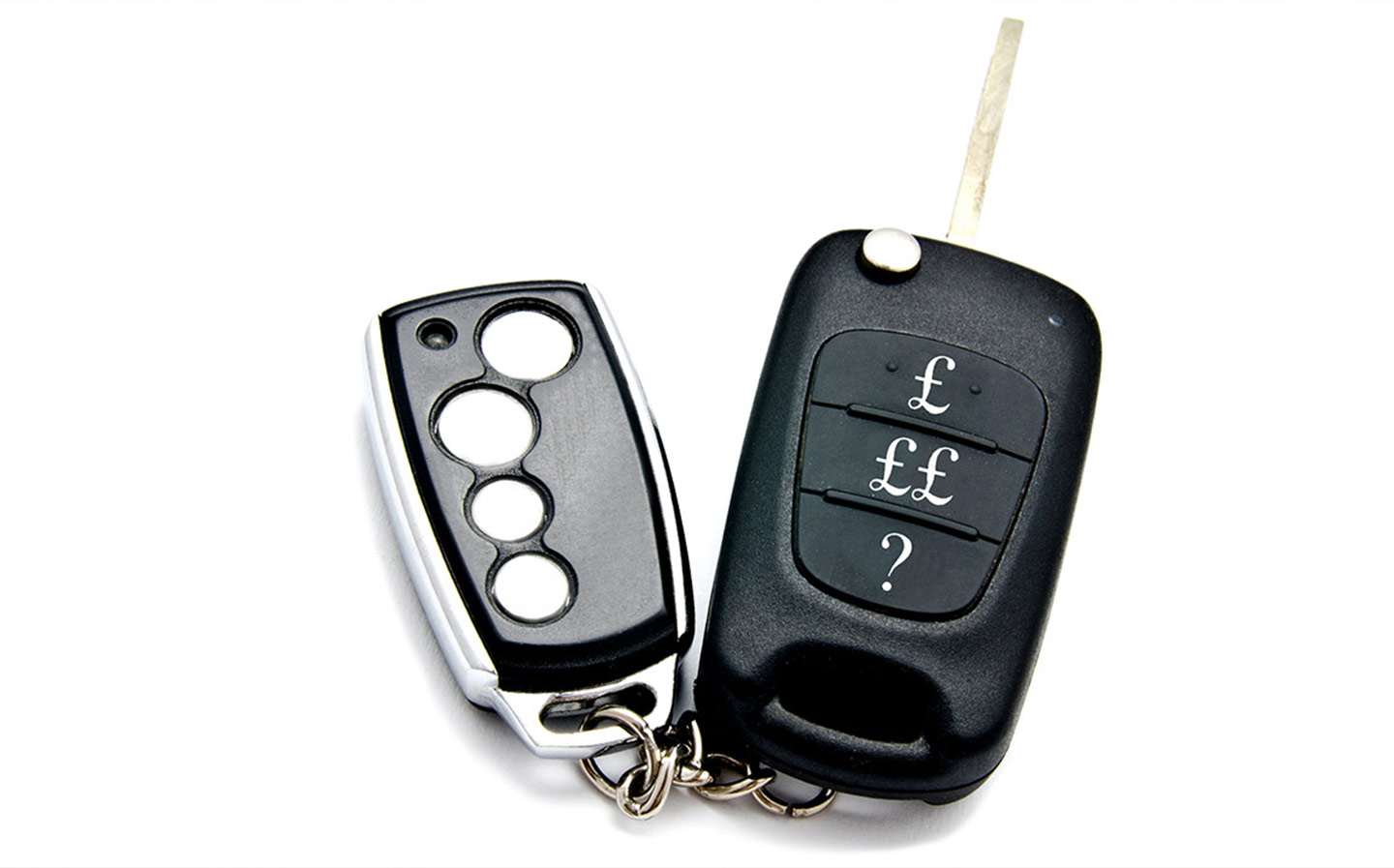What are the new VED road tax rules?
Drivers of the most efficient cars are set to be hit in the pocket
FROM TOMORROW, the rules on road tax for new cars will change dramatically, partly in order to increase funds coming into the Treasury.
In recent years, drivers have been buying low-emission cars that attract low rates of vehicle tax. You’d think officials would be pleased that incentives designed to increase the uptake of cars emitting little CO2 have worked. Yet now the books don’t balance, because car makers designed models that emitted less than 100g/km of CO2, the threshold below which no road tax was levied.
The new rules mean buyers of the most efficient cars are set to be hit in the pocket — hard. Here’s what drivers need to know.
When do the vehicle tax changes take effect?
New rules on vehicle tax come into force on Saturday. They will only affect buyers of new cars.
What about drivers who already own a car?
For any car registered before April 1, 2017, the rate will be unchanged. The government deemed it unfair to penalise drivers for existing cars.
What are the changes?
First-year vehicle tax for new cars will be charged in 13 CO2 bands, ranging from no charge for emission-free models to £2,000 for the most polluting. Low-emission (1g/km or more) cars will attract a charge of at least £10 for the first year; most current low-emission models, which were tax-free, will be liable for £100 or £120. After the first year of a car’s life, a flat rate of £140 applies, except in three cases. Emission-free electric vehicles are still free to tax; alternative-fuel cars, including hybrids, cost £130; and for models with a list price of more than £40,000, there’s an additional annual bill of £310 from the second to the sixth year of ownership. Yes, as clear as mud.
Why meddle with the system?
The existing mechanism was put in place in 2001 by the Labour government to encourage drivers to buy cleaner cars, as the UK responded to increasingly stringent EU regulations on emissions. So many people bought efficient cars that the taxman has been hit in the pocket.
How much more might someone pay?
Let’s take the Ford Fiesta, Britain’s bestselling car, as an example. Versions with a 1.0 EcoBoost 125 engine, designed with efficient motoring in mind, emit 99g/km of CO2. Under the outgoing system, they would have been exempt from vehicle tax. Under the new rules, they will cost £120 to tax in the first year and £140 thereafter — that’s £400 for the first three years alone.
Is there still time to beat the rise?
If a dealer has a new, unregistered car in stock, a cash buyer has time to snap it up and beat the tax rises, but you will have to accept whatever specification is available.
Two cars that will cost more to tax under the 2017 changes
Nissan Qashqai 1.6 dCi
The Qashqai is the most popular SUV in the UK and the 1.6 dCi one of the bestselling versions. Drivers have been drawn by its emissions of less than 120g/km, meaning no vehicle tax in the first year, followed by annual payments of just £30. From April, however, buyers must budget for £160 in the first year, followed by an annual £140 fee.
Audi A4 2.0 TDI ultra SE
It may look like a fat cat’s car but in fact this luxurious Audi has previously cost very little in vehicle tax, because it emits just 109g/km of CO2. Under the new rules, buyers will have to pay £140 a year, compared with the current free first year and just £20 a year thereafter.
Two cars that will cost less to tax under the 2017 changes
Ford Mustang 5.0 V8
If you were to keep a new Ford Mustang for five years, the V8 muscle car would prove cheaper to tax, at £2,560 in total. Under the outgoing regulations it is £3,180 for the first five years’ tax.
Mitsubishi Shogun 3.2 DI SG2 auto
It is one of the largest and arguably most inefficient 4x4s on the road, but at £2,260 for the first five years of ownership, the new rates of vehicle tax will reward buyers of the diesel-powered Shogun with a £625 saving.
Are any cars free from vehicle tax?
Yes. But you know how we said electric vehicles that produce zero CO2 emissions will be exempt? That’s true provided their list price is less than £40,000. If they cost more than that, drivers will have to pay the £310 annual supplement in years two to six.
For a more detailed breakdown of costs per vehicle, click below:
Buy your car before April 1 to avoid tax change shock, advise experts





